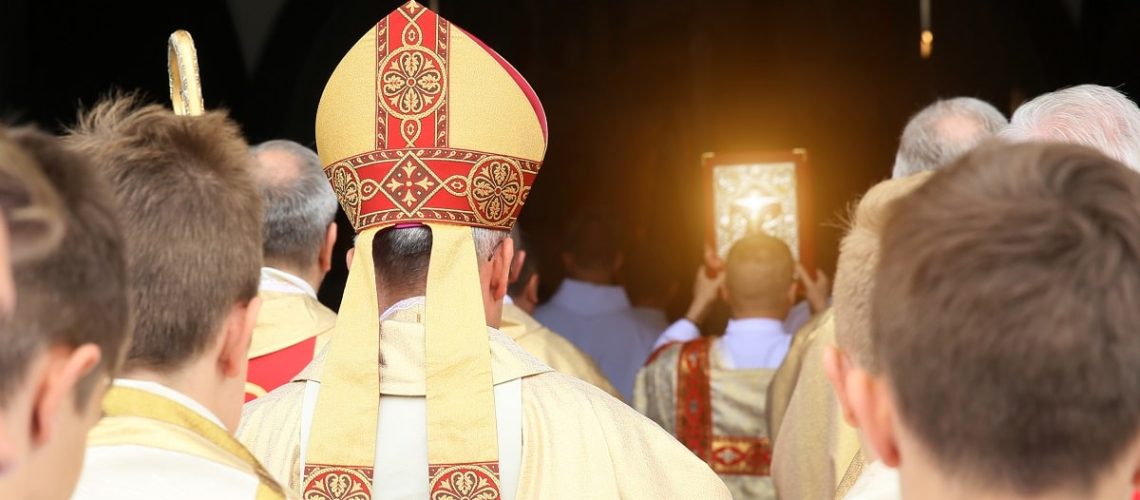Churches worldwide are struggling with internal conflicts over whether or not they should introduce blessings for same-sex couples, leading to significant dissent and threats of full-blown schisms.
Background and Decision

Many churches, especially within the Church of England, are holding controversial votes regarding the introduction of blessings for same-sex couples, leading to significant internal conflict.
Passing Narrow Margins
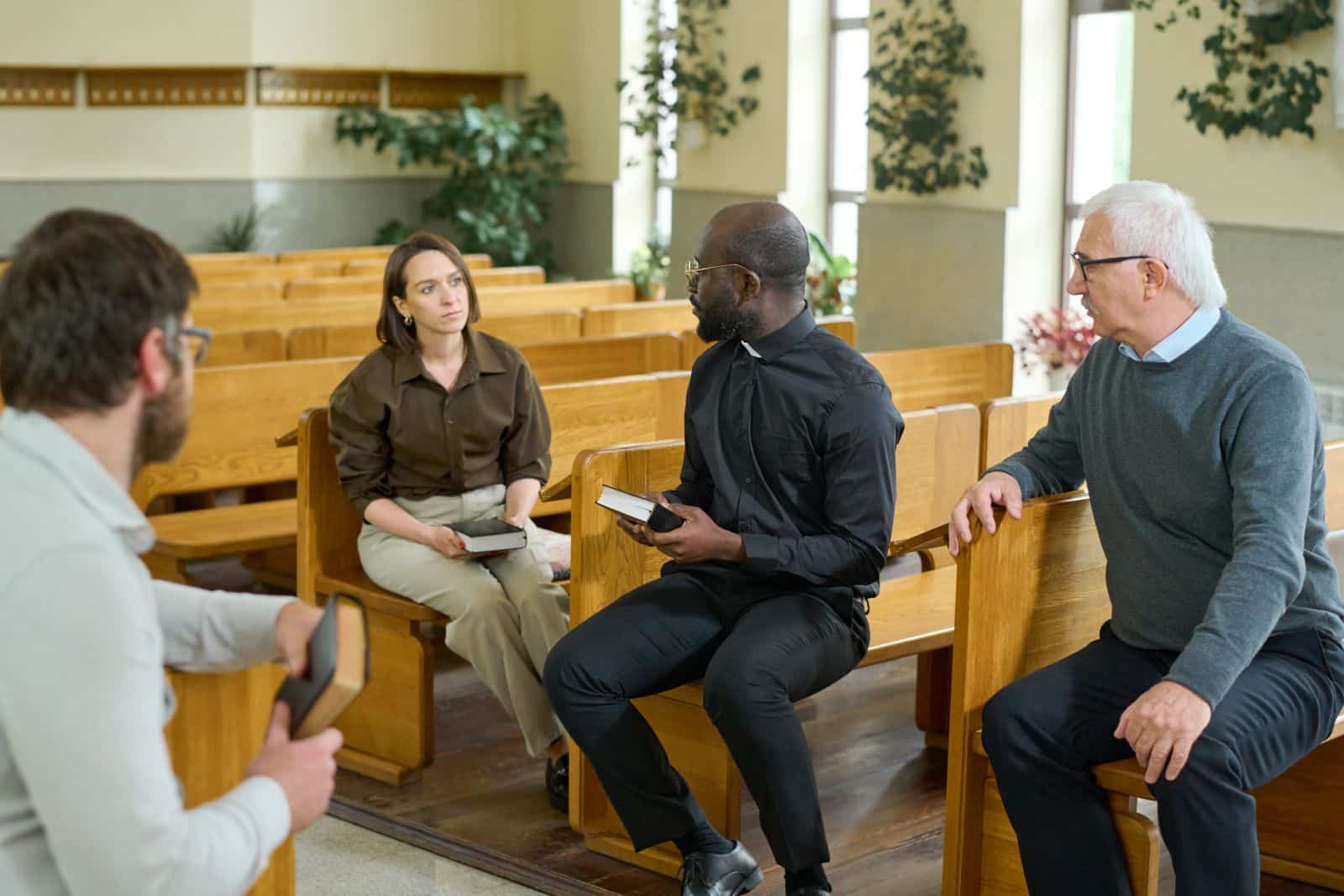
Within these church votes, the decisions are often passed by narrow margins and reflect deep divisions within religious communities as they struggle to adapt their doctrine to the social norms of the modern world.
Public Dissent and Opposition
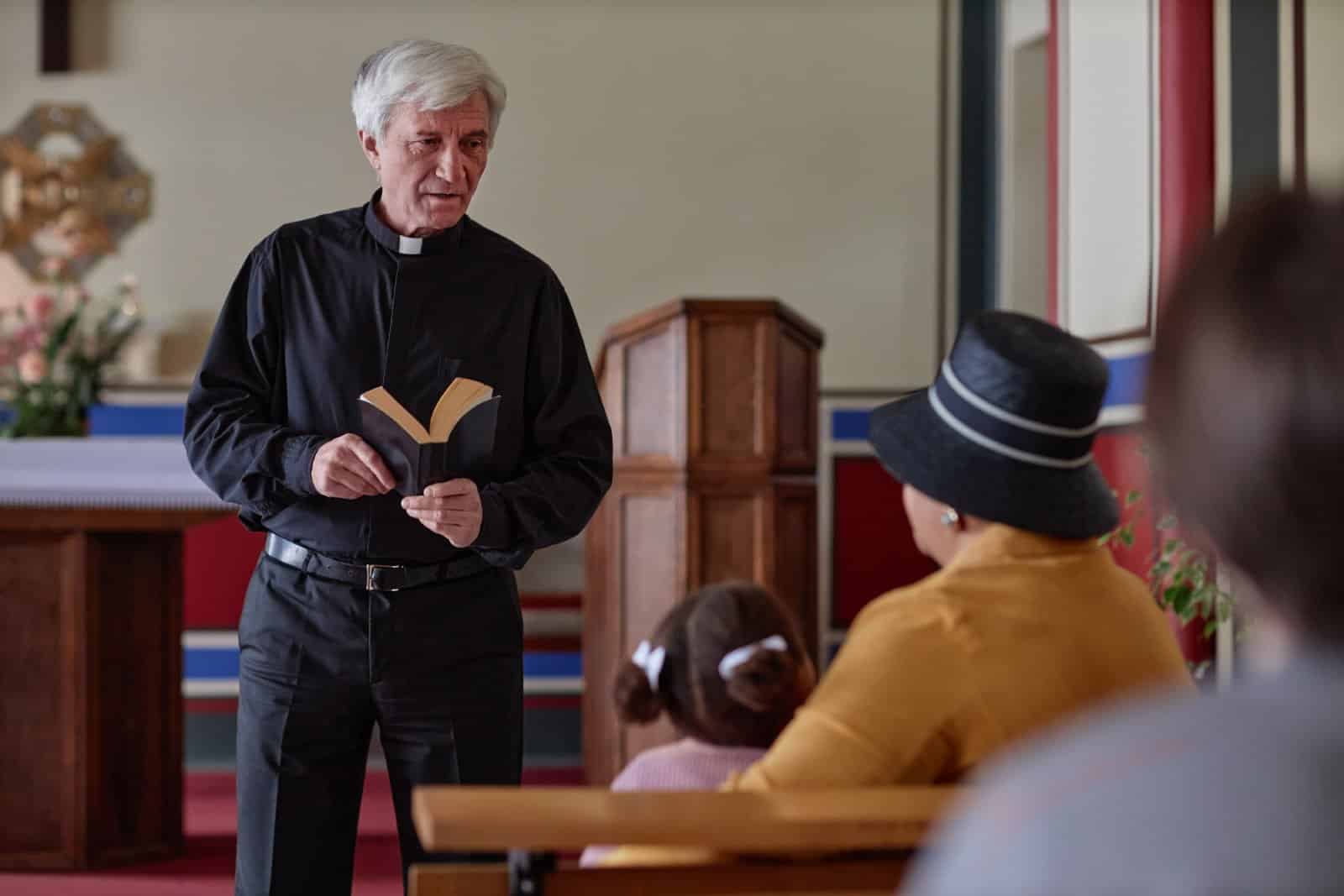
Several church leaders have publicly expressed their disapproval of these decisions, highlighting concerns about theological implications and processes that will be affected as a result.
Criticizing the Process

Canon John Dunnett, a prominent leader within the Church of England, even criticized the process by which these changes were pursued by their supporters.
Abuse of Power
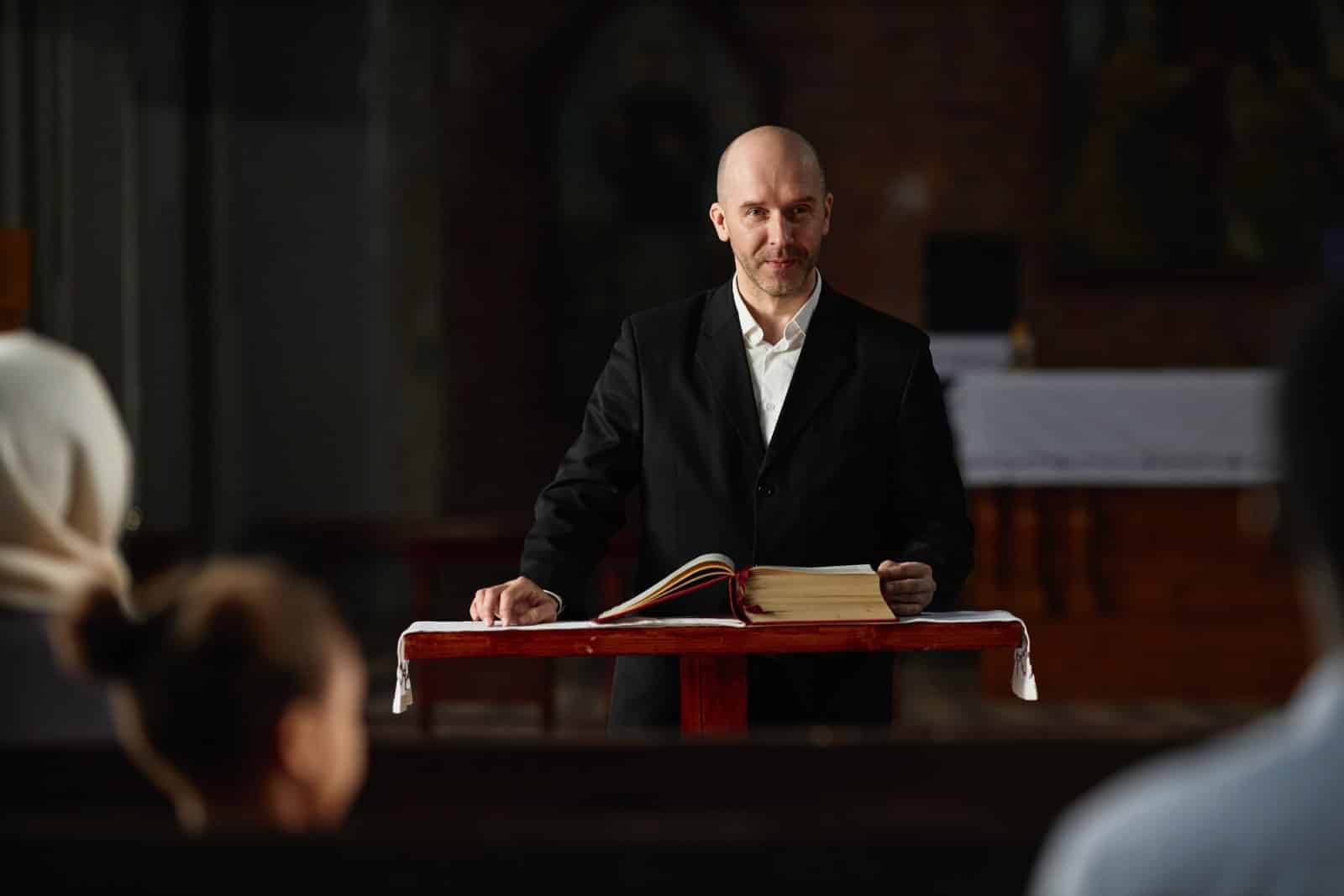
Canon Dunnett said, “There must be proper and fit use of power, not misuse and abuse of power. I wonder if there’s a hint here that good process in respect of the use of power has not always been at the top of the agenda.”
Formation of Alternative Structures
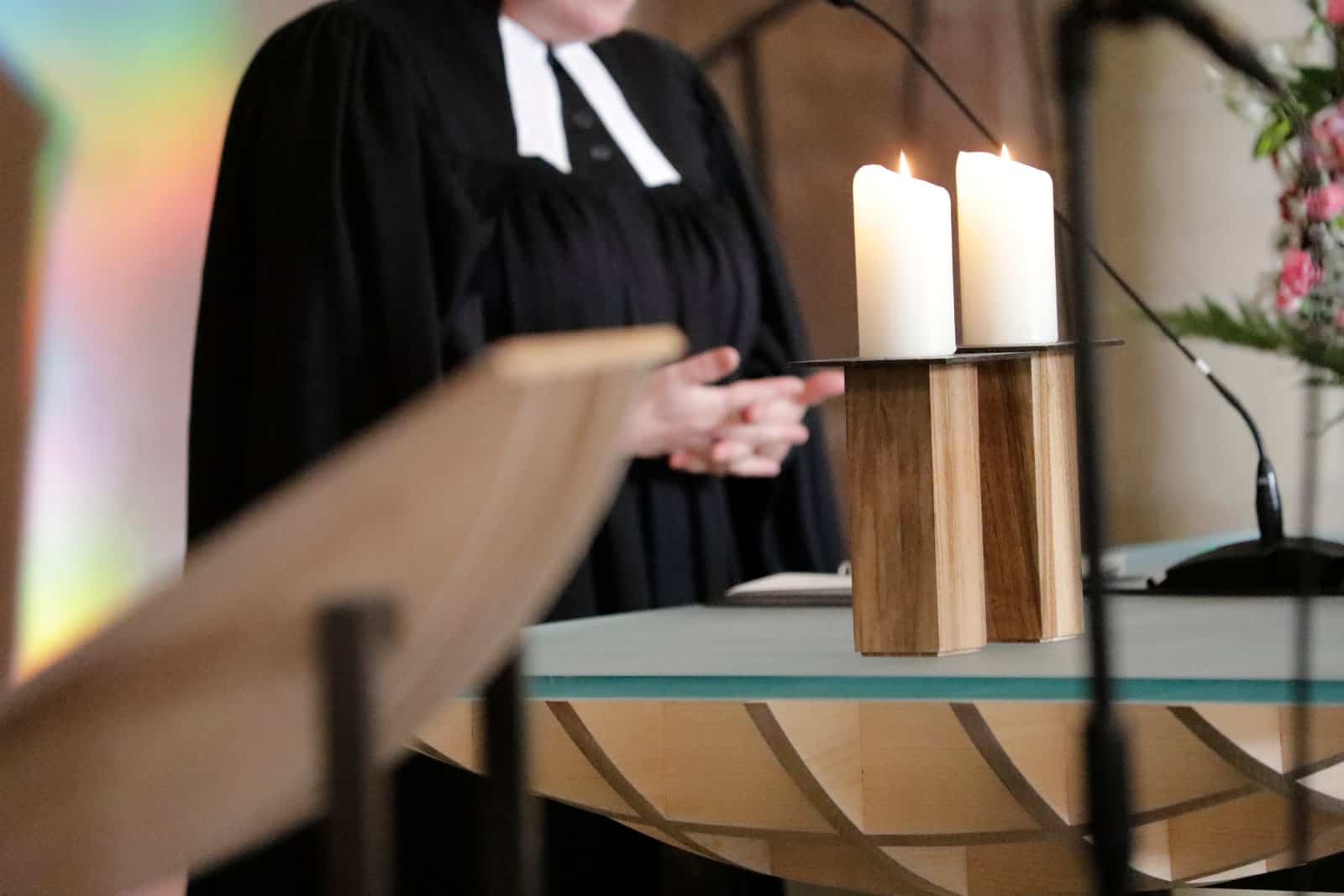
In response to the approval of same-sex blessings in the Church of England, some of their clergy have announced plans for the formation of new alternative structures within their churches.
Undermining Traditional Doctrine
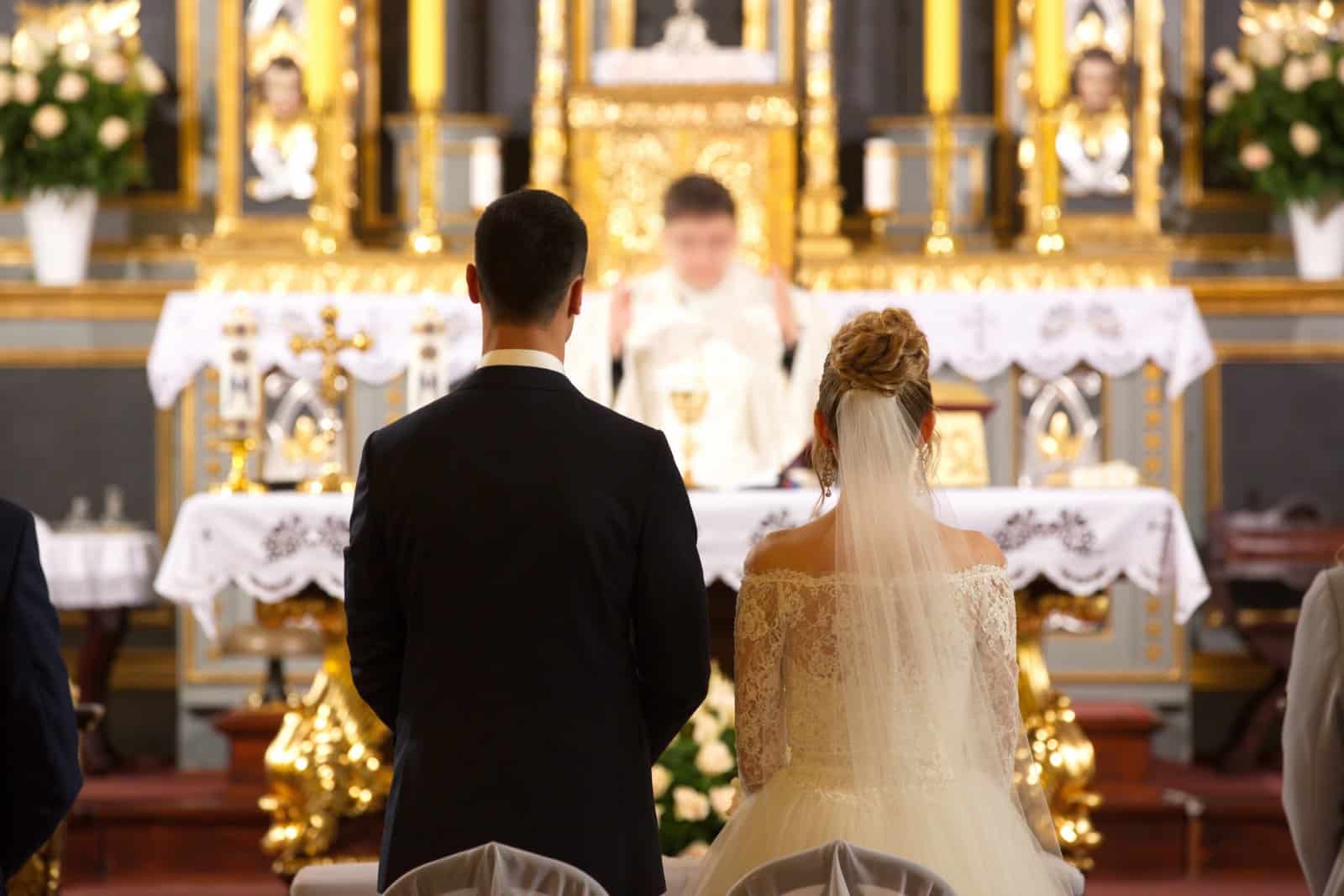
The dissenting clergy believe these new structures are necessary for their followers who believe traditional marriage doctrines are being undermined.
Necessary Structural Differentiation
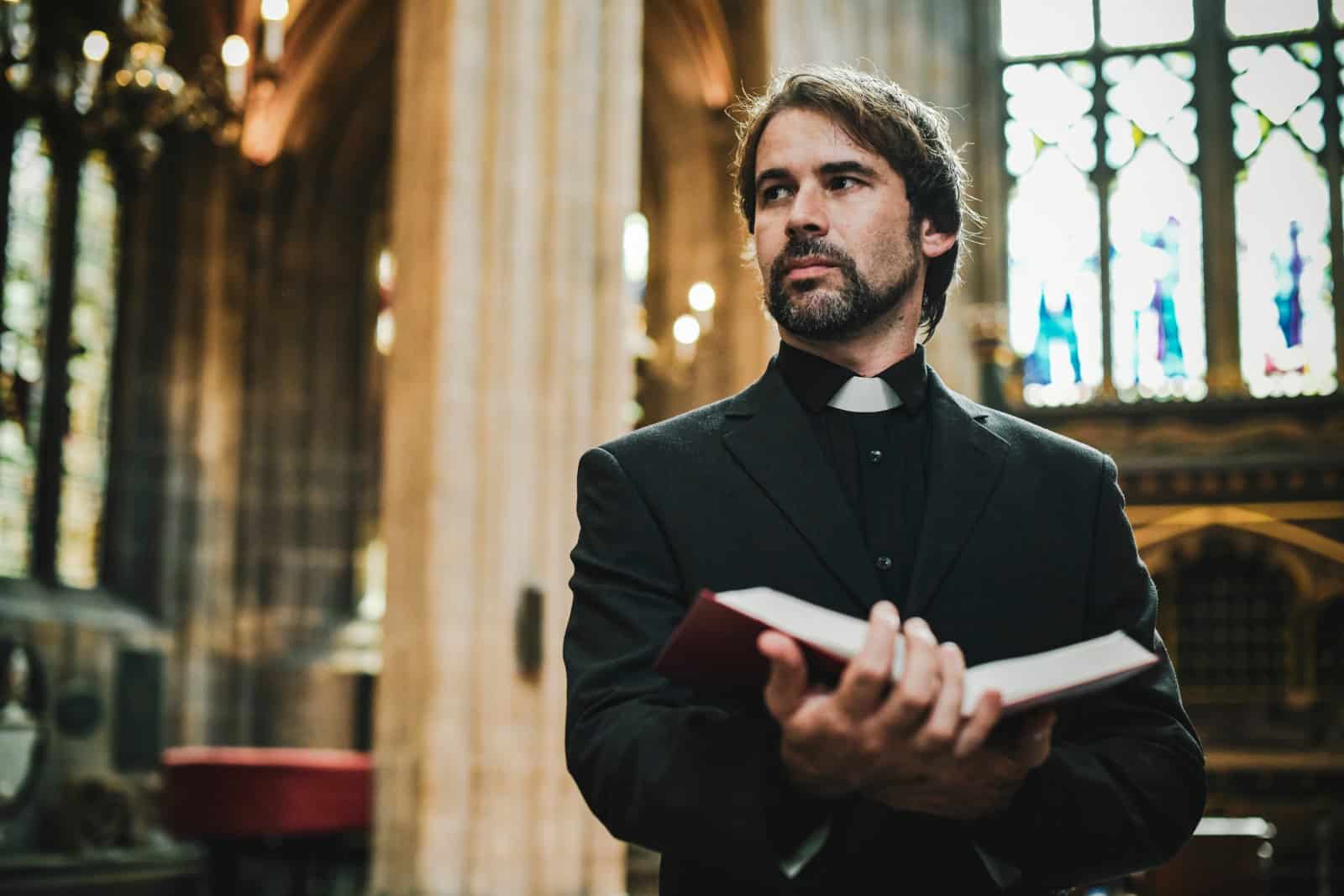
In a public announcement, Reverend Phil Martin said, “We hope that what we’re doing is, among other things, a helpful demonstration of the kind of structural differentiation which will be needed for many of us within our religious communities.”
Finding a Middle Ground
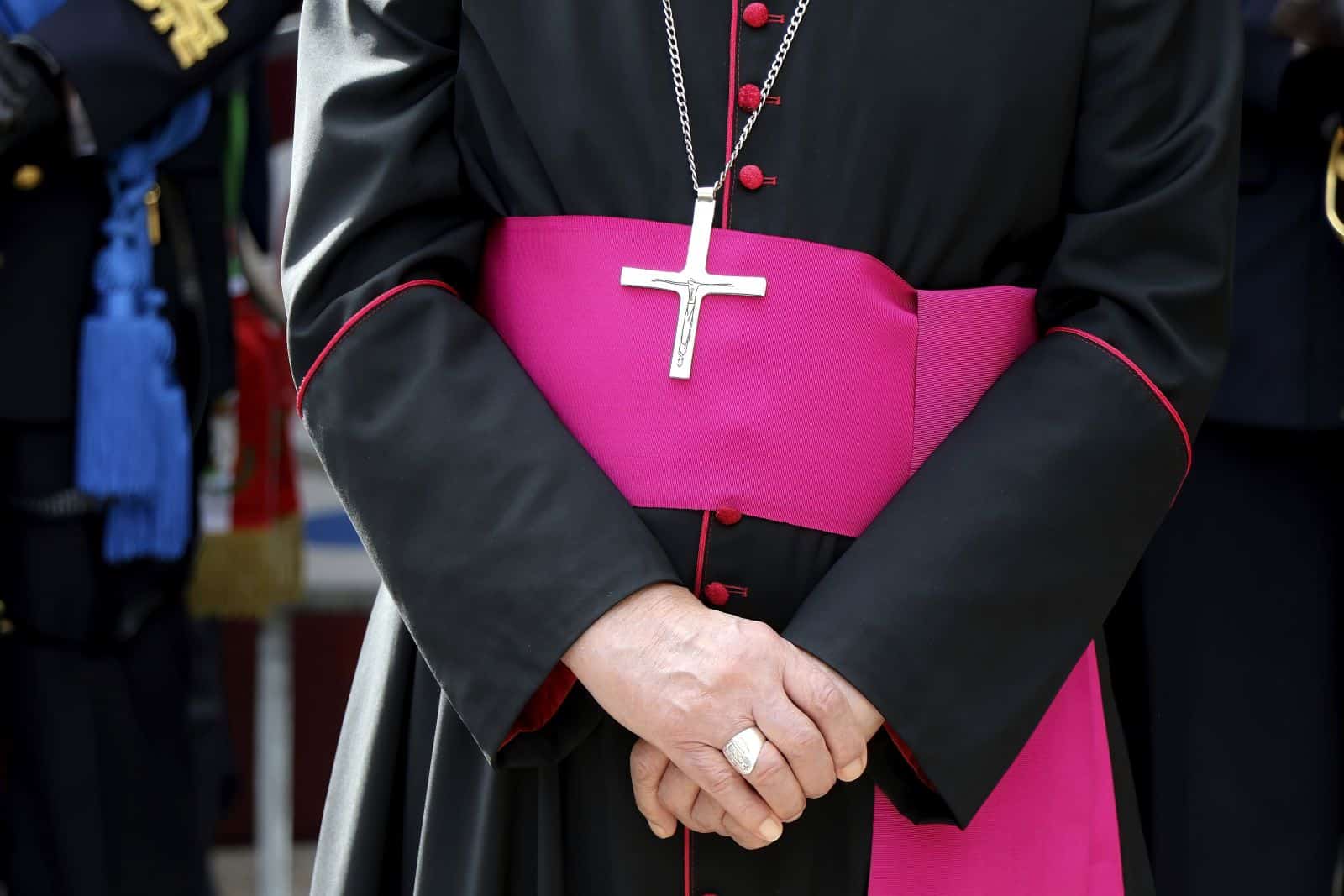
Some top church leaders have abstained from direct votes but have expressed support for finding a middle ground and maintaining unity within the religious community.
On This Journey Together
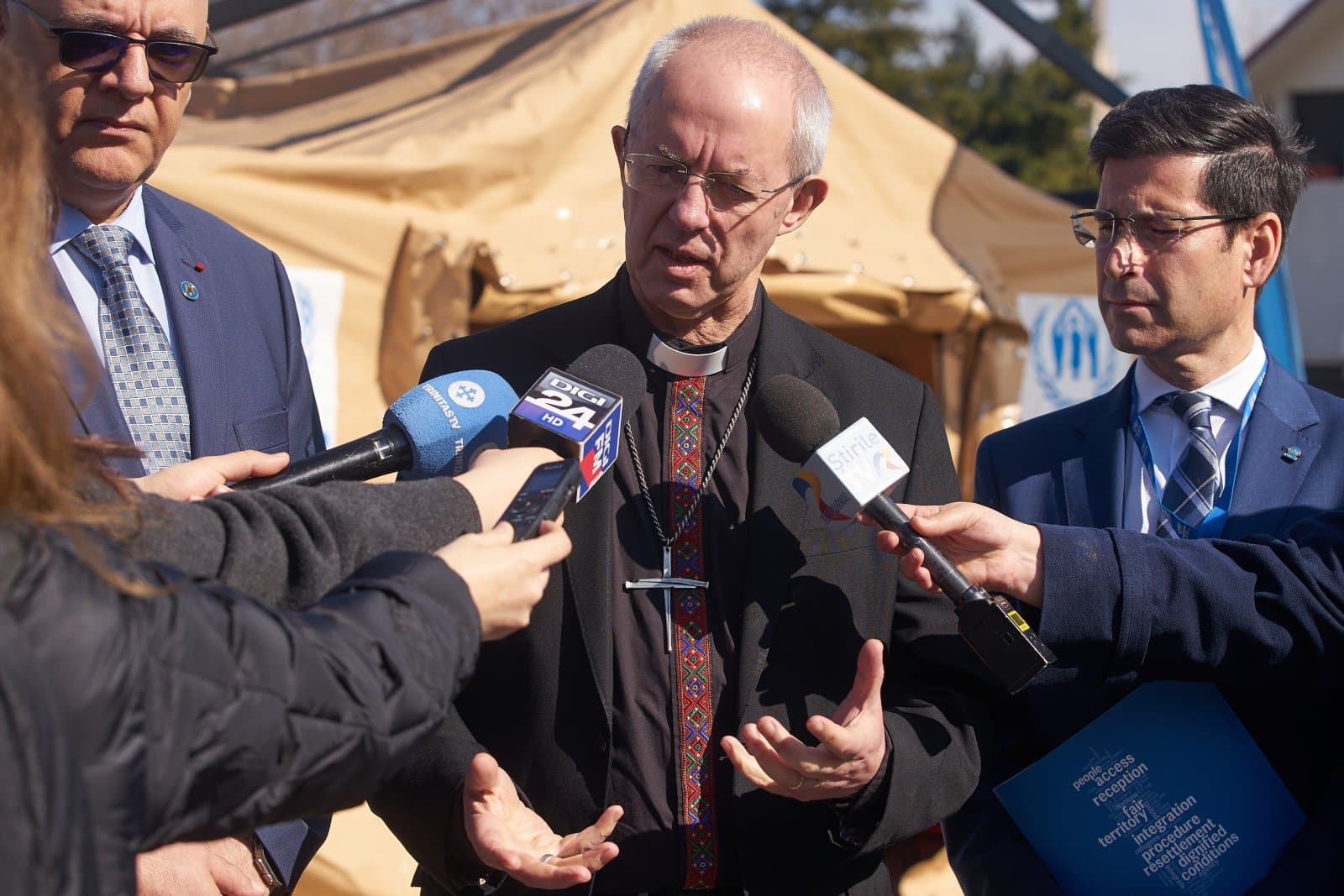
the Archbishop of Canterbury, Justin Welby, said, “I am pleased we have found a way forward on this journey together.”
Impact on Religious Communities

The decision to bless same-sex unions has also led to threats of schism and calls for alternative oversight from conservative factions within many of the churches affected by the policy change.
Withholding Financial Support
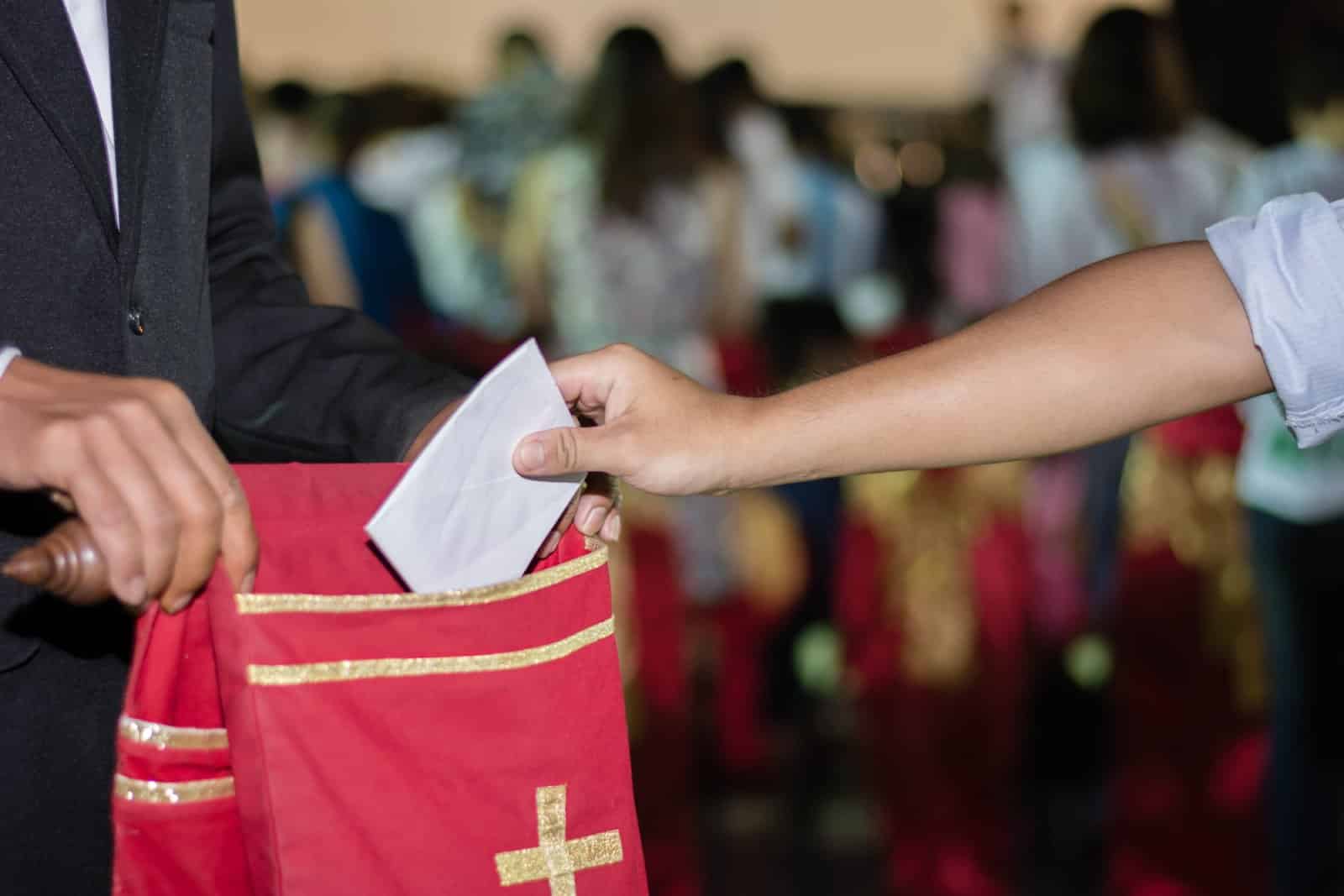
In response to the decision to bless same-sex marriages, some congregations have even announced their intention to withhold financial support in protest.
Broader Implications
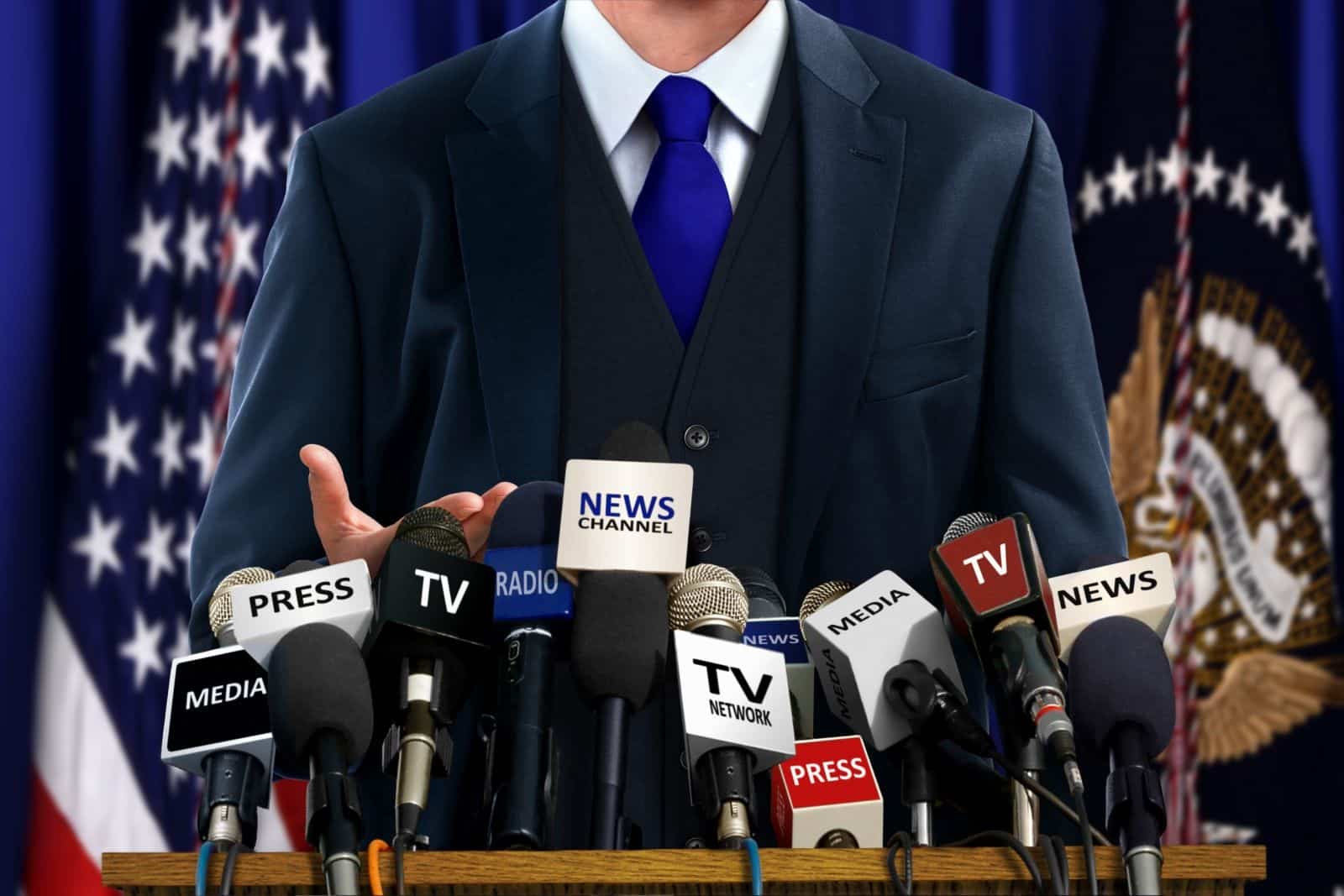
Political figures have also weighed in on the controversy, criticizing religious leaders for how they have handled the issue and the backlash that followed the decisions.
Anger and Dismay

“I’ve never known such anger and dismay among religious followers,” said Labour MP Sir Ben Bradshaw, a prominent political figure, who discussed the votes with the Church Times.
Future Steps and Reconciliation Efforts
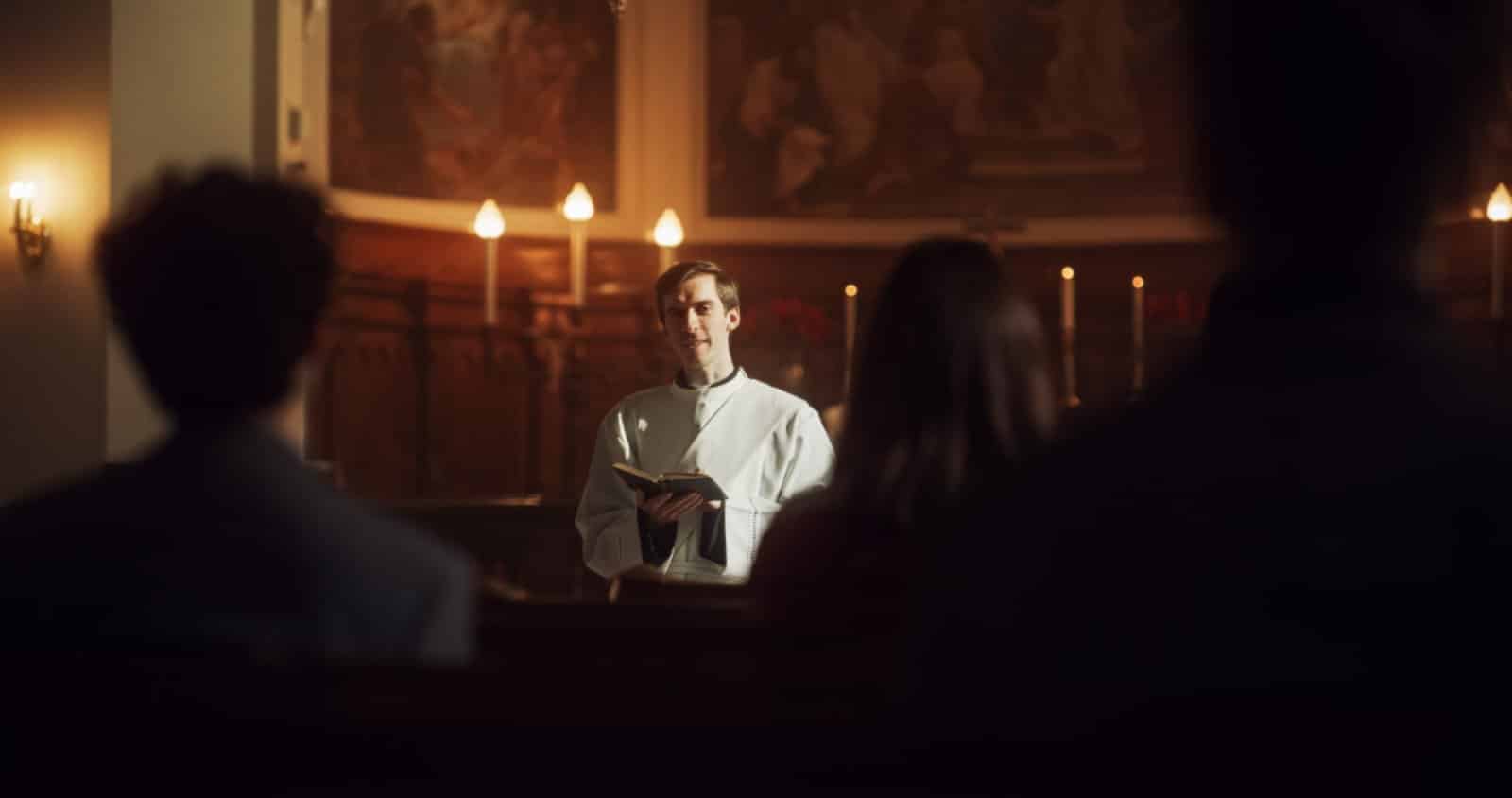
Some church leaders have proposed further discussions about the decision and a potential “reset” to allow for the reconciliation of members upset with the decision within their religious communities.
Finding a Middle Ground
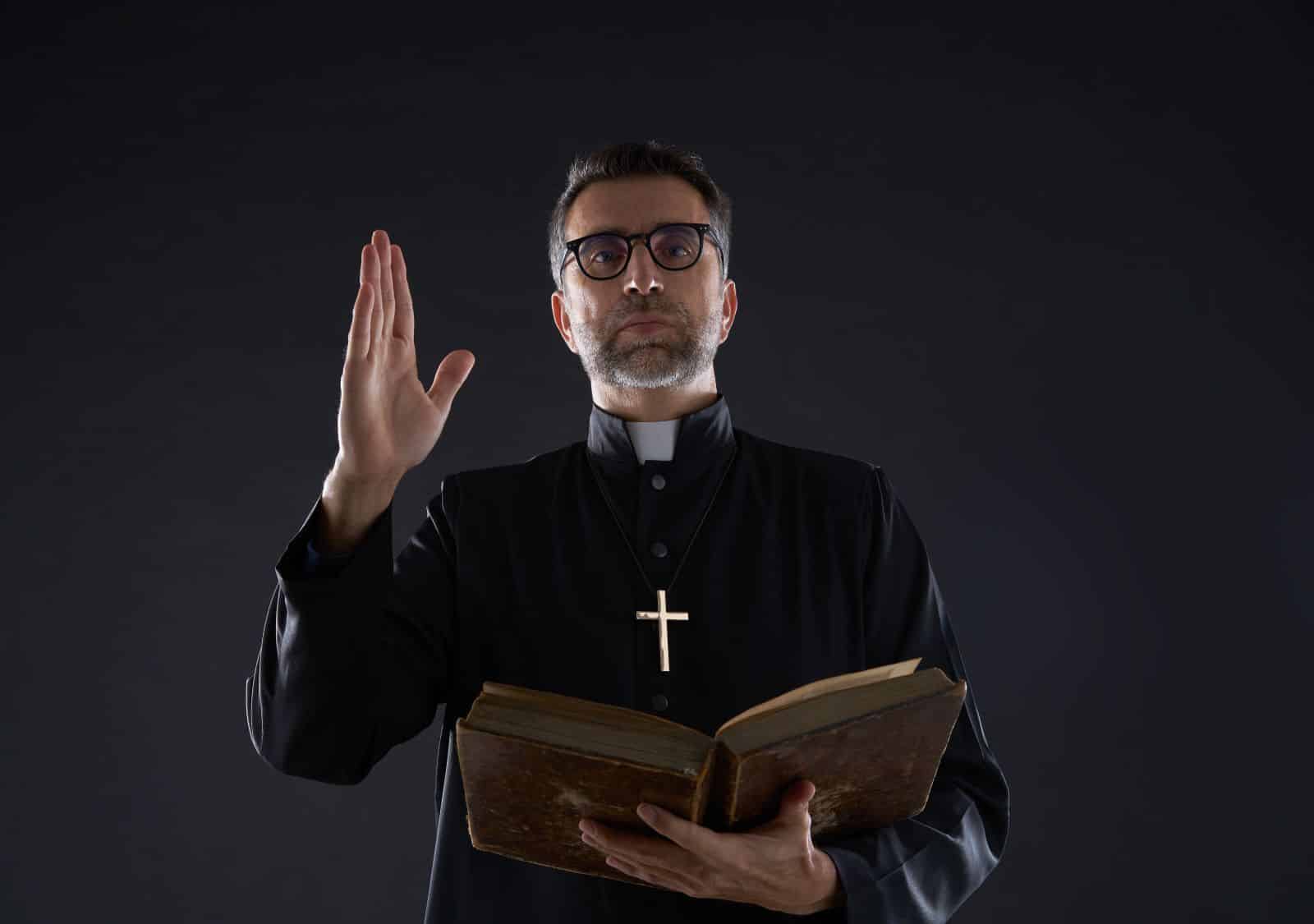
Prominent leaders emphasized the need to find a middle ground that would enable as many people as possible to remain within their religious communities despite their differences on this issue.
Contentious Votes and Narrow Margins
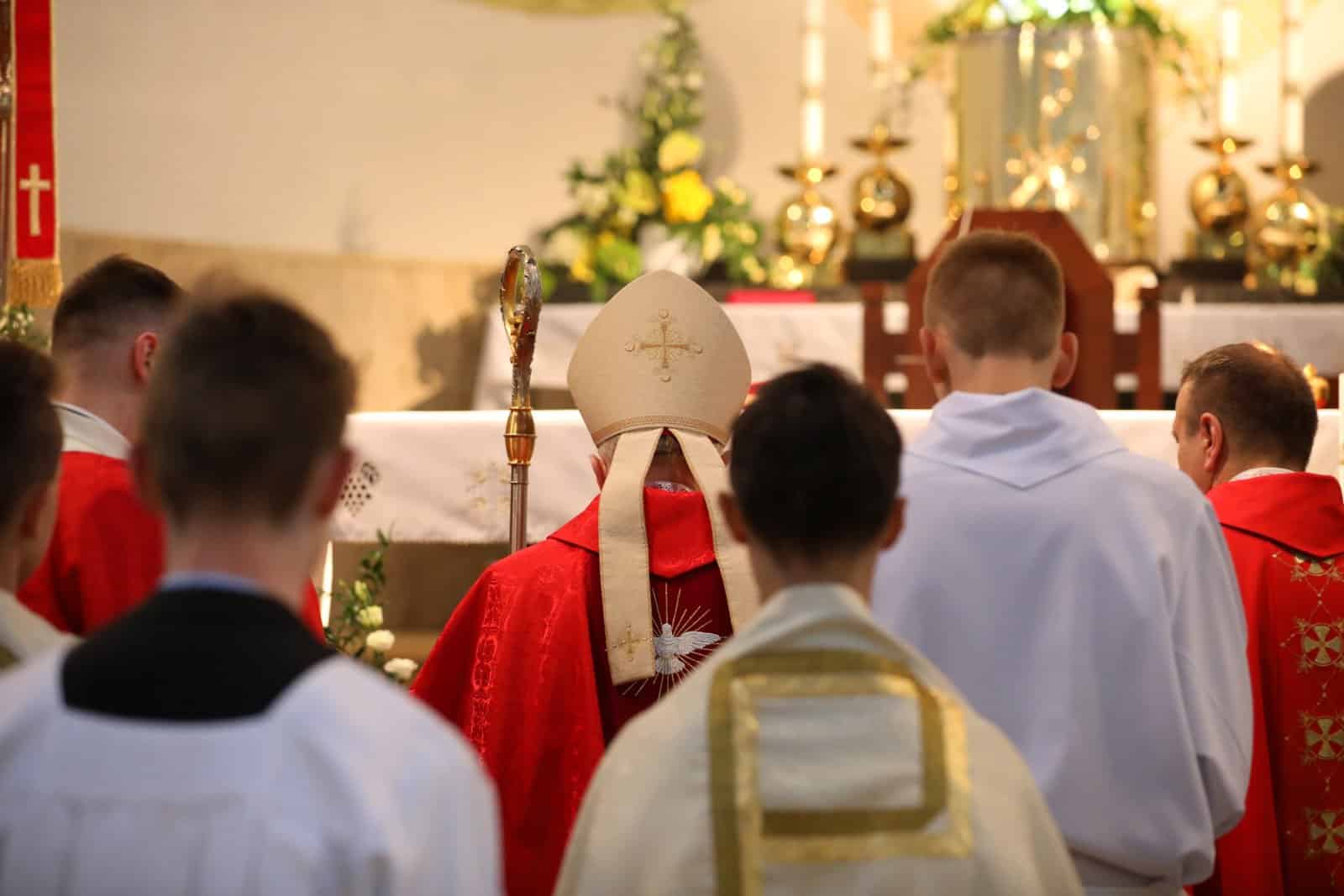
Dr. Jill Duff, the Bishop of Lancaster, opposed the amendment and expressed her sadness over the direction the Church was taking with this new decision.
Helping the Church Flourish
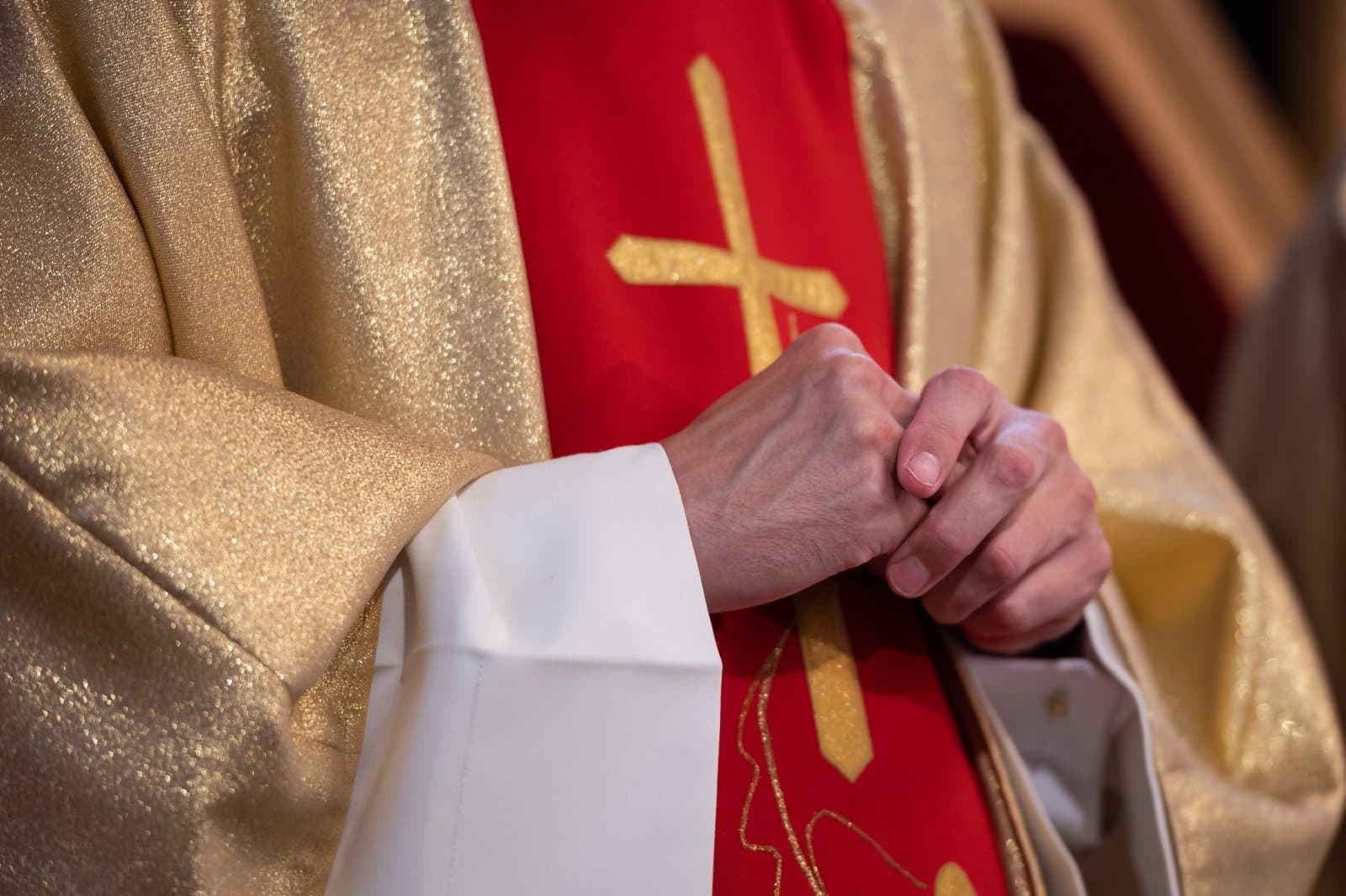
Dr Duff said the “one-vote knife-edge” would make things much more difficult to enforce, and they need a “better way that will help us keep united, help us flourish.”
21 Beliefs About the Bible That Are Actually False

The Bible is one of the most discussed and debated books in history, yet many common beliefs about it are more myth than fact. How many of these misconceptions have you heard before? 21 Beliefs About the Bible That Are Actually False
21 Subtle Racisms That Are Commonplace in America

Racism in America isn’t always overt; it often hides in plain sight through subtle actions and attitudes. How many of these subtle racisms have you noticed around you? 21 Subtle Racisms That Are Commonplace in America
Only Legal in America: 21 Things You CAN’T Do in the Rest of the World
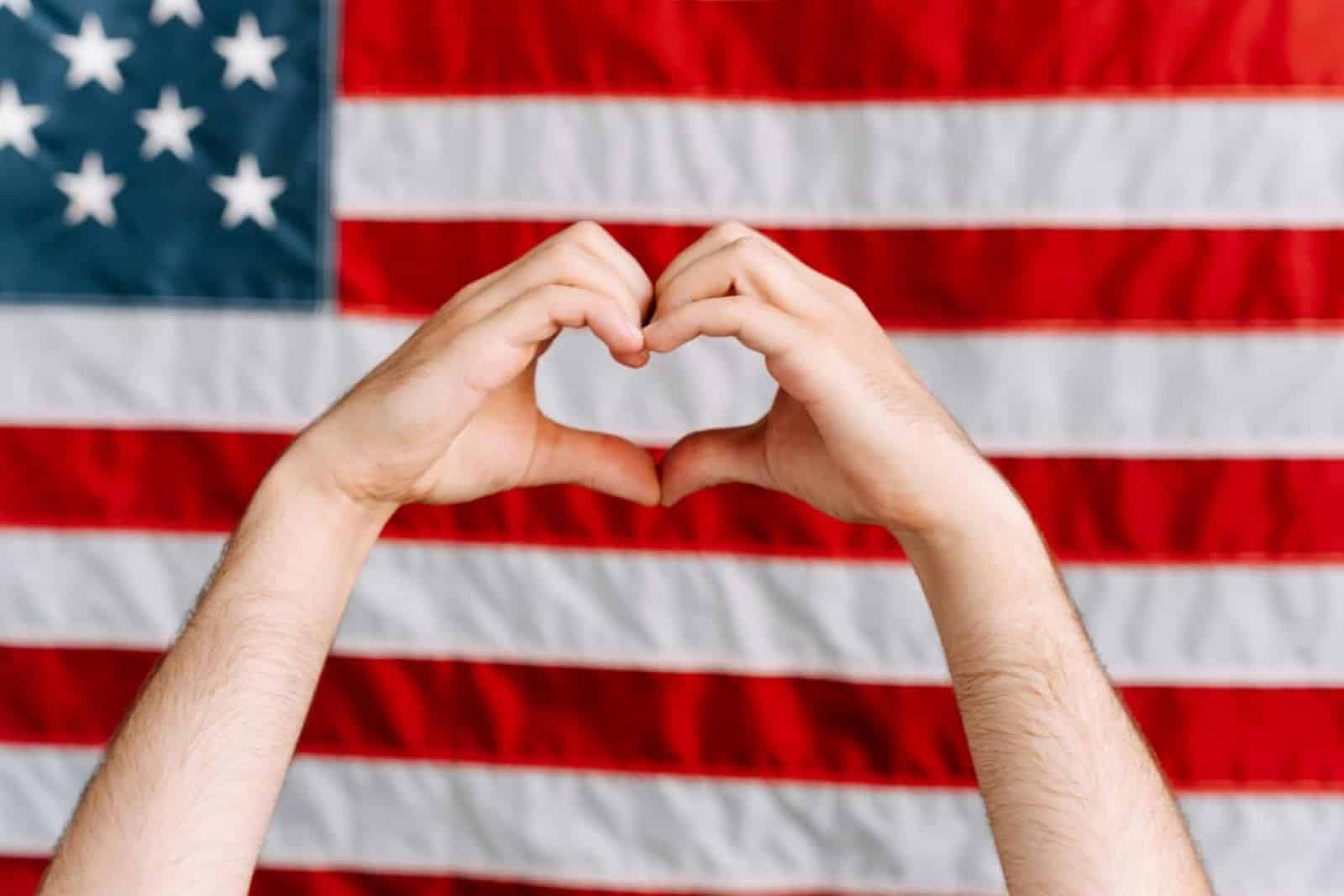
The U.S. dances to its own beat, especially when it comes to laws that make the rest of the world do a double-take. Here’s a lineup of things that scream “Only in America,” sticking strictly to what’s written in the law books. Ready for a tour through the American legal landscape that’ll leave you wondering if freedom might just be a bit too free? Only Legal in America: 21 Things You CAN’T Do in the Rest of the World
Featured Image Credit: Shutterstock / Krzysztof Winnik.

